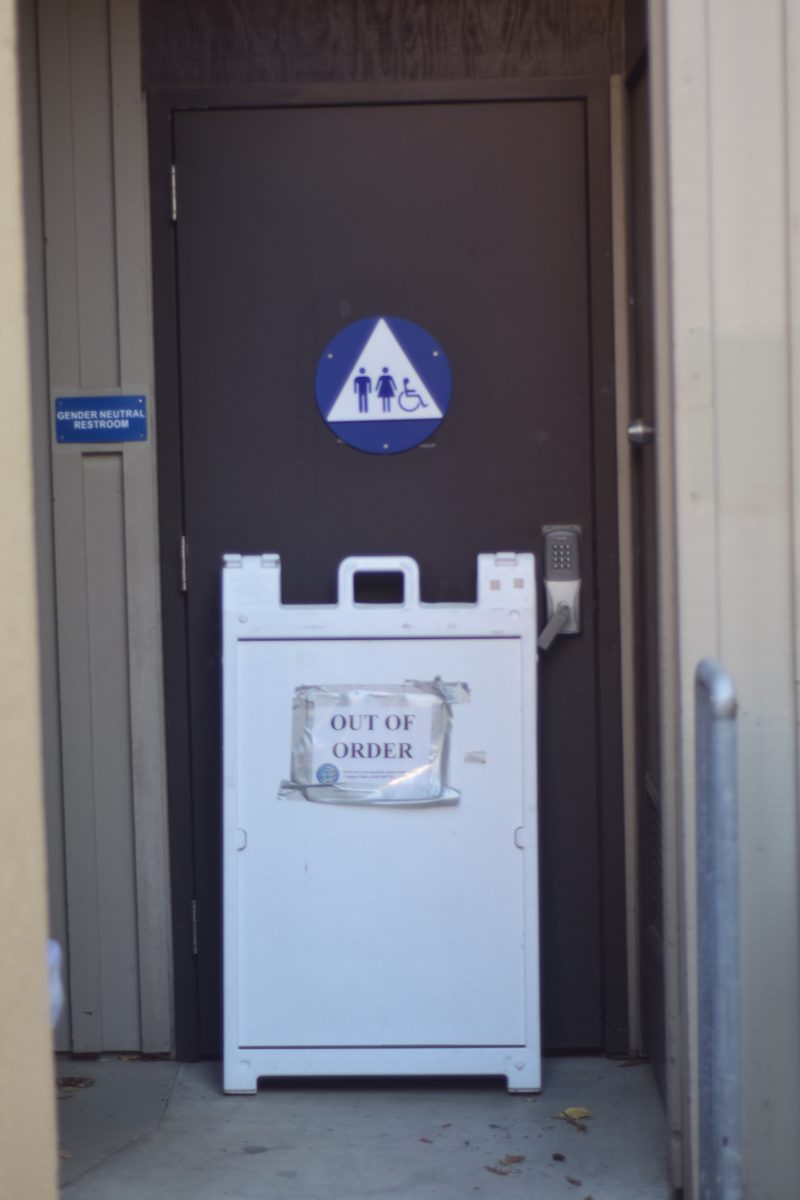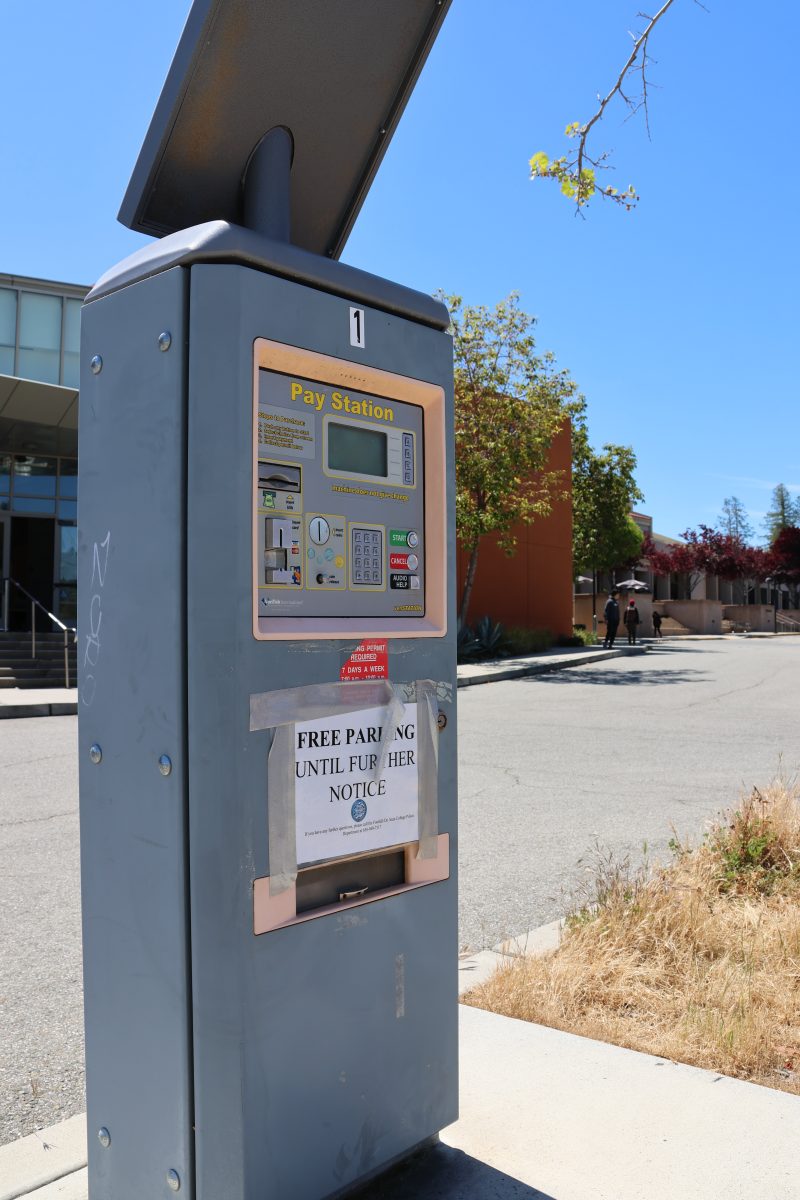Starting in the year 2000 and ending in 2010, the Foothill-De-Anza District saw a drastic spike in the number of classified professionals it employed. This augmentation belittled growth in other employment categories that, at least in the case of the district, remained nearly stagnant.
Perhaps at first glance this would appear to be an anomaly. By 2010, the district had added 78 new classified professionals to the existing 86 from the year 2000. Compare this to tenured and tenure track professors who grew slightly in numbers from 484 to 507, or the number of educational administrators which increased meagerly from 45 to the figure of 46 a decade later, and you can’t help but pose the question of why we would see a sharp increase in one area, and relative freeze in the other.
In the context of the district, the term “classified professional” is most easily defined as a non-administrative, non-faculty employee. This wide-ranging employment category spans from the student bookstore employees to those of the admissions and records office back around to De Anza’s technical support staff.
In addition to being hired at a more frequent rate during the time period between 2000 and 2010, classified professionals earned on average $6,000 more than the tenured and tenure track educators’ mark of approximately $76,000.
It seems that we’ve trampled over a widely raised issue that falls beyond the scope of a college, or even our glorious state itself. That timeless question is: why are teachers’ salaries more often than not lower than the salaries of other professions?
Far too often I’m introduced to the same old nauseatingly flaccid argument. “Teachers should be paid more!” says the speaker. The tone is genuinely enthusiastic, yet the intent, in many cases, reeks of demagogy. After reassuring the person that the statement was indeed morally correct to make, I feel obliged to inquire as to why this should be the case. The general response is: because teachers perform a noble and virtuous service, they deserve higher pay.
Most often, the encountered reasoning behind these assertions is, “teachers should be paid more because…it makes me feel good to say.”
Let’s not waste our time focusing on those banal economic motives such as increased economic output. Why don’t we just utter the sentence at appropriate social moments, take between zero and very little action, and pat ourselves on the back for our astute morals and hardy virtue? It seems to be easier that way.
If teachers have proven to be vital to the overall economic success, why is there so little financial incentive for the most qualified individuals to become educators?
I refuse to say that classified professionals do not earn every penny. De Anza’s classified pros are paid fair market values, and any contradictory statement presents itself in the bare for a special beating by the invisible hand.
Conversely, the missed economic value of quality teaching stands as an affront to the collective common sense.
What is needed is not an occasional, fluffy altruistic statement, but a more attractive and concrete set of incentives for the best and brightest to voyage into the teaching profession.








